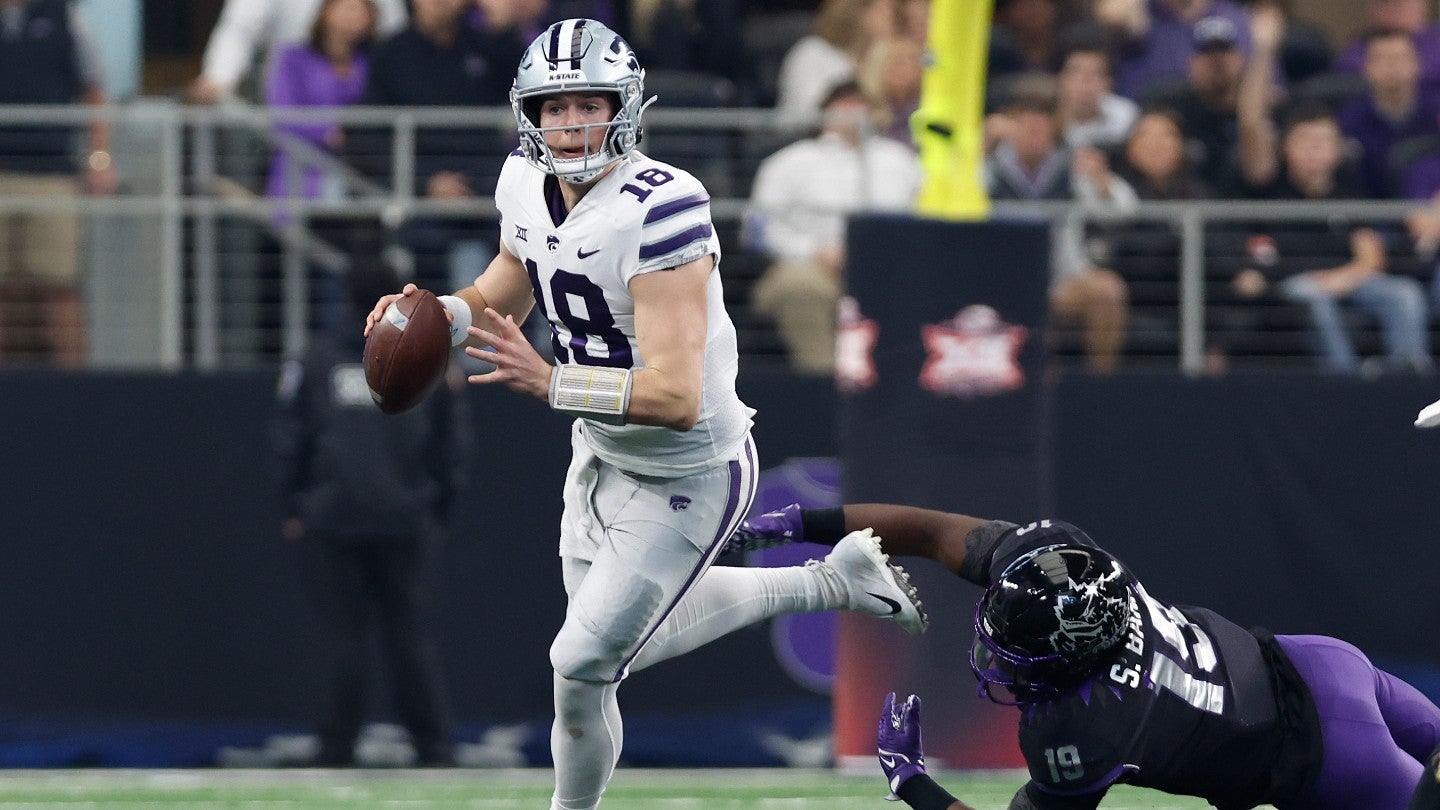
US college sports’ Big 12 Conference has extended its media rights deal with major national broadcasters ESPN and Fox through 2030-31.
The long-term contract renewal is understood to be worth just over $2 billion and will include a sizable pay increase for the schools.
The Big 12 officially announced the deal via a tweet yesterday (June 3) which has since been deleted.
The conference’s current agreement with ESPN and Fox – a 13-year contract worth $2.6 billion – was due to expire at the end of the 2024-25 academic year.
The annual average distribution will increase from $220 million to $380 million when the new contract begins in 2025-26 – an average of $31.7 million in media revenue for the conference’s 12 members.
The new deal will also see a rise in the Big 12's overall distribution number, which currently stands at $42.6 million per school.

US Tariffs are shifting - will you react or anticipate?
Don’t let policy changes catch you off guard. Stay proactive with real-time data and expert analysis.
By GlobalDataAs part of the new contract, ESPN is expected to own more than 60% of the inventory and the league's top games, with Fox significantly increasing its college basketball coverage.
The extension was brokered by Endeavor, the international entertainment and sports giant.
Last September, the conference appointed Endeavor-owned athlete representation business WME Sports and IMG Media, the media arm of the international sports and entertainment company, to lead its global content and commercial strategy.
Through the partnership, WME Sports and IMG head up the conference's media strategy, advisory, and negotiation; composition strategy; premier asset assessment; and sales analytics and valuation.
Its scope of work includes supporting the Big 12 in its multimedia rights.
Big 12 commissioner Brett Yormark said: “We would like to thank both ESPN and Fox for their continued partnership. Additionally, we'd like to thank the team at Endeavor and Proskauer for their contributions throughout this process.
"This deal not only provides stability for the Big 12 in years to come, but it creates a strong foundation for future growth and innovation."
The Big 12 appointed Yormark, the former president of entertainment and sports management company Roc Nation Sports, last year to replace Bob Bowlsby who stepped down after a decade in the role.
Soon after his appointment, Yormark and the conference’s leadership team lobbied to open the Big 12’s negotiating rights window with broadcasters early in order to secure a new deal and bring stability to a league that will undergo a period of transition in the coming years.
The conference was able to negotiate new agreements nearly a year and a half before the exclusive negotiating window was set to open. The league announced its intentions to engage networks on August 31.
The Big 12 is an NCAA Division I intercollegiate athletics conference that encompasses five states and comprises 10 Universities – Baylor, Iowa State, Kansas, Kansas State, Oklahoma, Oklahoma State, TCU, Texas, Texas Tech, and West Virginia.
Bowlsby’s decision to step down came eight months after the University of Texas and the University of Oklahoma, the conference’s two most prominent members, announced they will be leaving the Big 12 to join the Southeastern Conference (SEC) in 2025.
The Big 12 quickly moved to replace the schools and in 2021 announced it will expand by adding four new members – Brigham Young University, the University of Central Florida, the University of Cincinnati, and the University of Houston.
The schools will join the league no later than the 2024-25 academic year.
Before departing, Bowlsby warned the value of the Big 12’s media rights could drop by 50% once the University of Texas and University of Oklahoma join the SEC, but the conference is set to only suffer a small decrease.
Image: Tim Heitman/Getty Images



